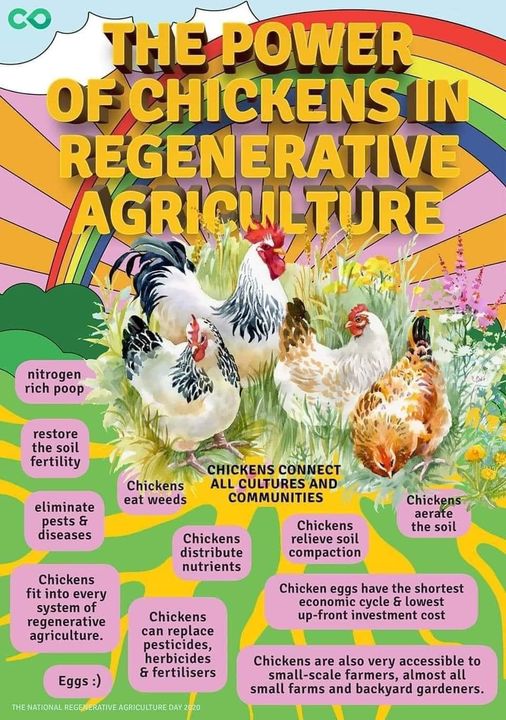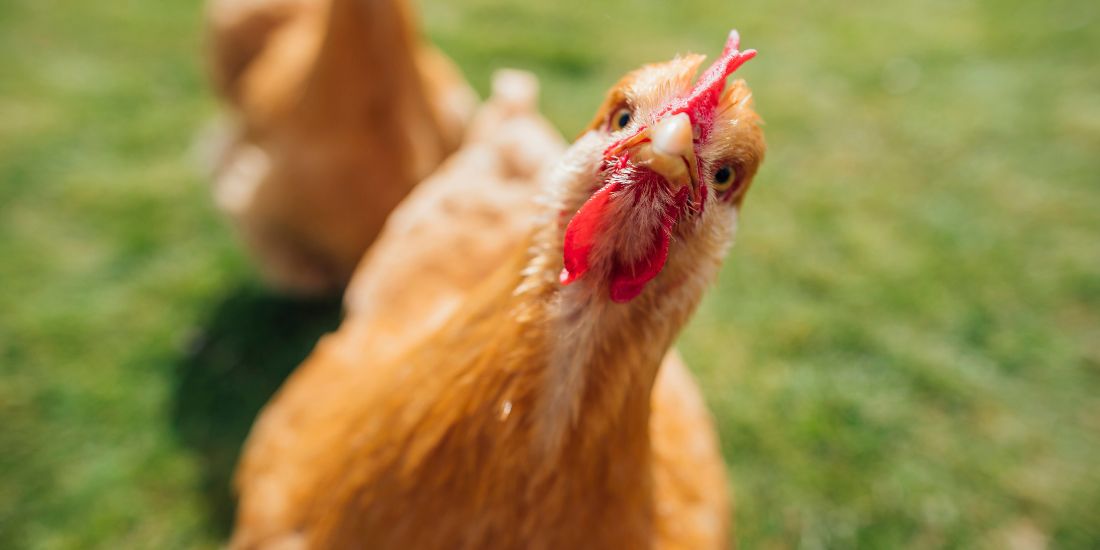Keeping chickens is common in rural Alberta, but what about urban hens?
It’s an idea that’s been taking flight across Canada.
In our tough economy, there’s a lot of merit to having a sustainable food source in your backyard, and chicken coops as a part of city living are gaining traction.
The Benefits of Backyard Chickens
Urban chickens are a sustainable source of fresh eggs and are fabulous eco-friendly waste disposers.
They can keep your garden pest-free, provide nutrient-rich fertilizer, and, as most of us agree, taste pretty damn good roasted.
All good points, but what about the noise? The smell? The mess? Potential for disease?
Local bylaws have historically prohibited city residents from keeping chickens, often citing these concerns as the basis for no-chicken bylaws.
But backyard chicken advocates think chickens and people can easily coexist in the city.
The Pigeon Approach
It is sometimes surprising how often you can find “innovative” and “new” ideas by looking to the past.


The dilemma of managing chickens in the city is one example.
You may have never heard of “racing pigeons,” but they were all the rage a few decades back.
In 1965, Lethbridge had a pigeon bylaw to manage how people kept their pigeons.
But to save time and costs for the city, the City Council designated local non-profit organizations, specifically those promoting racing pigeons, as administrators.
The city continued to supply health inspectors for necessary checks. Additionally, the management of pigeons and the establishment of related regulations were conducted at a highly localized, grassroots level by individuals with the greatest expertise in best practices.
A similar model could be perfect for managing urban hens.
The idea is to empower local Neighbourhood Associations to manage and support chicken-raising.
This approach addresses the shortcomings of a one-size-fits-all city-run system, allowing flexibility in regulations based on neighbourhood needs.
One community with large yard sizes could decide that 12 chickens per home were doable, while another with closer proximity between homes could say four chickens are plenty.
Being more adaptable, Neighbourhood Associations can also engage citizens, boost civic participation, and pave the way for community programs like shared composting or chicken coops that a whole street takes part in caring for.
Where We’re At Now
As things stand, for now, this more localized approach is generally still a pipe dream in Alberta.
Most cities still have town-wide regulations for owning chickens.
Here’s a quick rundown of a few of our province’s hot spots for those looking to get their urban farming dreams started.
Calgary
Calgary’s Urban Hen Program is making waves. You can keep up to four chickens in your backyard after obtaining a license. The program operates from spring to fall, and while it’s a hit, remember no roosters are allowed, and you must be 18 or older to get a license.
Edmonton
Edmonton, like many larger cities, has an Urban Hens Program. Take a city-approved course, get a license, and keep hens. Just remember, licenses aren’t issued in winter, and you must register your flock in the provincial database.
Red Deer
In Red Deer, you need an Urban Chicken License if you want to keep chickens. Approval is necessary, and you can keep up to four hens. Sorry, no roosters allowed.
Airdrie
Airdrie allows backyard hens but with a twist. You need a development permit, and there are size and distance requirements for coops. Regular maintenance is vital to keeping everyone happy, including your neighbours.
Grande Prairie
Grande Prairie residents need a Livestock Exemption Permit. Ensure your property meets the coop requirements, and you can keep up to four hens – no roosters allowed.
St. Albert
St. Albert’s hen bylaw requires a Backyard Hens License. It’s a process, but with some effort, you can enjoy the benefits of hen-keeping while following the rules.
Other Cities


If your hometown isn’t listed here, a quick Google search can get you an idea of regulations in your area!
If you’re interested in more details on the ins and outs of urban chicken farming, this blog by Alberta Farm Animal Care is a great place to get started.
Multiple groups help foster discussion and Q and As for newbies like this one.
They’re also a great source of “foul” chicken memes.
Happy farming!


